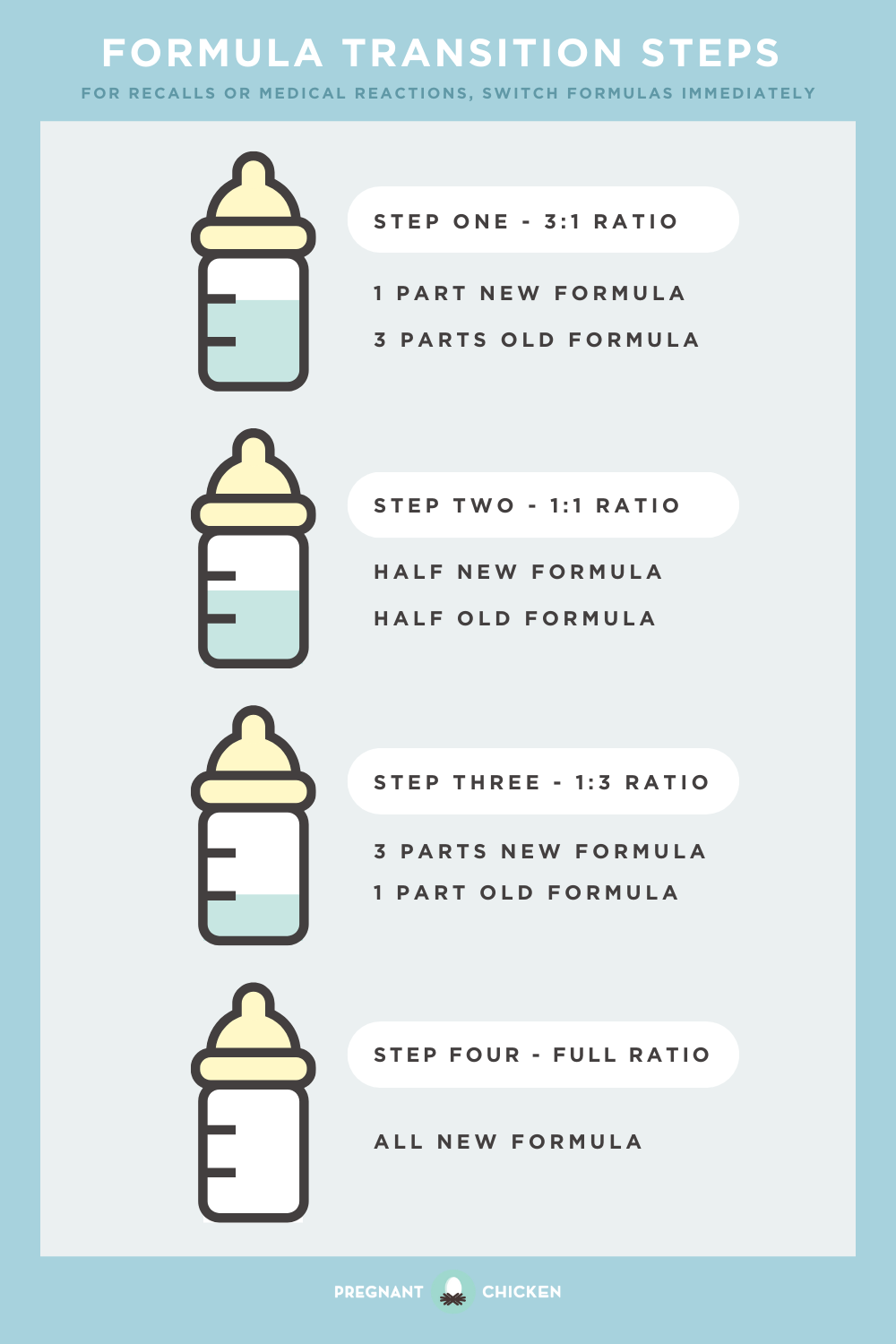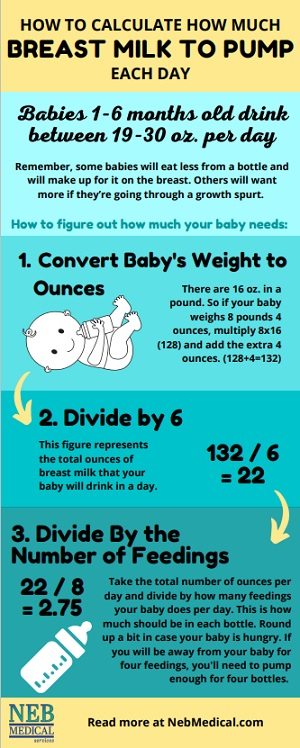How To Change Formula For Baby: A Comprehensive Guide
When it comes to caring for your baby, ensuring they have the right nutrition is crucial. As a parent, you may find yourself needing to change your baby’s formula for various reasons. Whether it’s due to allergies, intolerances, or simply a need for a different type of formula, knowing how to make this change safely and effectively is essential. In this article, we will delve into the detailed steps on how to change formula for your baby, ensuring their health and well-being.
Knowledge
Before making any changes to your baby’s formula, it’s important to consult with their pediatrician. They can provide guidance on the best course of action based on your baby’s specific needs. Once you have their approval, follow these steps to smoothly transition to a new formula:
Start by mixing a small amount of the new formula with the current formula your baby is accustomed to. Gradually increase the ratio of the new formula over several days until your baby is fully transitioned to the new formula. This gradual introduction helps prevent digestive issues and allows your baby to adjust to the new taste and composition of the formula.
Pay close attention to how your baby responds to the new formula. Look for any signs of discomfort, such as excessive gas, fussiness, or changes in bowel movements. If you notice any concerning symptoms, consult with your pediatrician for further guidance.
Once you have successfully transitioned your baby to the new formula, maintain consistency in feeding. Stick to the recommended feeding schedule and amount to ensure your baby receives the necessary nutrition. Consistency is key in promoting healthy growth and development.
Conclusion
Changing formula for your baby can be a daunting task, but with the right approach and guidance, it can be done smoothly. By following the steps outlined in this guide and consulting with your pediatrician, you can ensure a successful transition for your little one. Remember, every baby is unique, so what works for one may not work for another. Trust your instincts and seek professional advice when needed.
In conclusion, the key strengths of changing formula for your baby lie in promoting their overall health and well-being. By providing them with the right nutrition, you are setting them up for a strong start in life. This guide is tailored to parents who are navigating the process of changing formula and seeking expert advice on how to do so effectively.
Ultimately, the decision to change formula for your baby is a personal one that should be made with careful consideration. It’s essential to prioritize your baby’s needs and seek support from healthcare professionals when needed. Remember, your baby’s health is paramount, and taking the necessary steps to ensure they receive the best care possible is a top priority for any parent.






